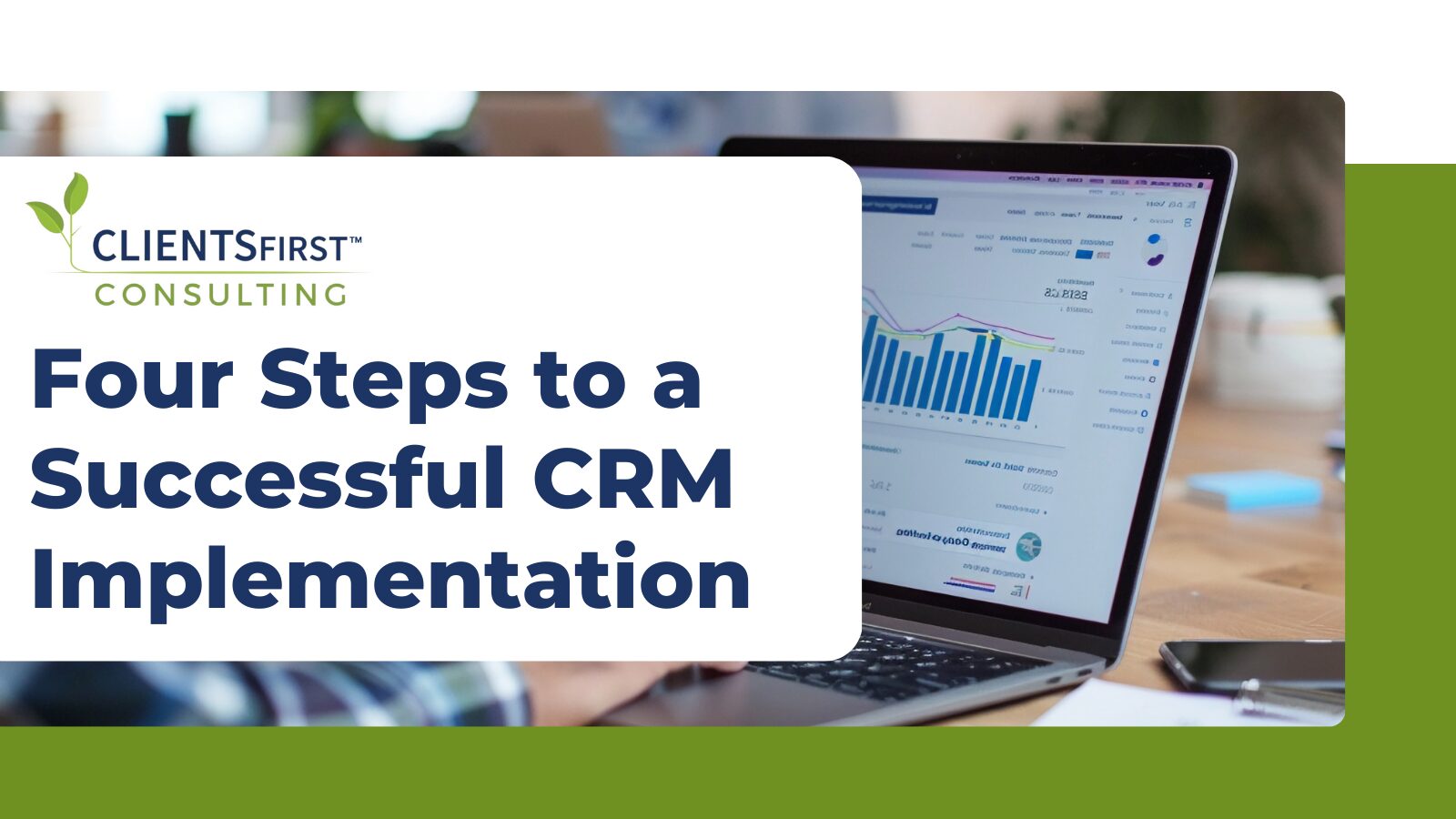Chris Fritsch
As a CRM Success and Business Development Technology Consultant, Chris Fritsch works together with leading professional services firms across the country to help them select and implement the right Client Relationship Management and eMarketing solutions to support their marketing and business development efforts and maximize value and return on investment.
Chris frequently writes and speaks on legal marketing, technology and business development topics including CRM, email marketing, data quality and competitive intelligence. She is also the author of a leading CRM blog at CRMSuccess.net.
For her contributions to thought leadership in the industry, she was named among the top 10 Marketing and Business Development thought leaders in the JD Supra Readers’ Choice Awards and was named as a Go-To Thought Leader by the National Law Review.
In recognition of her achievements as a consultant and business contributions to the legal profession, Chris was inducted as a Fellow of the College of Law Practice Management in 2017.
Before founding ClientsFirst Consulting in 2007 Chris was a top sales professional and leader. She also worked as a business developer and an in-house Legal Technologist for an Am Law 50 law firm based in Atlanta.
Chris received her law degree from Emory University School of Law in Atlanta, GA, where she served as Managing Editor of the Emory International Law Review, as well as student and faculty technology consultant.
Before venturing into Law, Technology and business development, Chris owned and operated a chain of restaurants in Jacksonville, Florida.
More From Chris

Four Steps to a Successful CRM Implementation
Posted by Christina R. Fritsch JD, Founder and CRM Success Consultant on July 25, 2024 Category CRM Implementation CRM Success CRM Systems
How Can Law Firms Leverage Outside Emarketing Experts?
Posted by Christina R. Fritsch JD, Founder and CRM Success Consultant on July 16, 2024 Category Email Marketing eMarketing Marketing Automation




